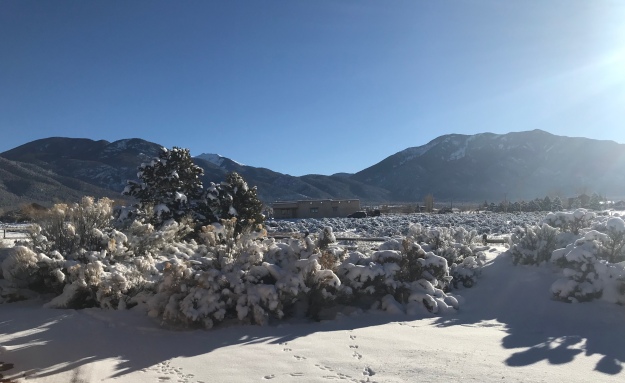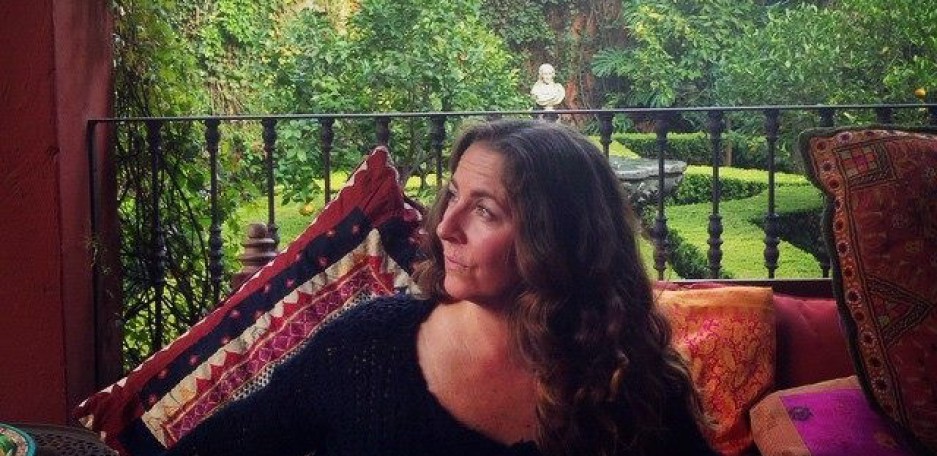sur·vi·vor
/sərˈvīvər/
noun
a person who survives, especially a person remaining alive after an event in which others have died.
“the sole survivor of the massacre”
the remainder of a group of people or things.
“a survivor from last year’s team”
a person who copes well with difficulties in their life.
“she is a born survivor”
Since adulthood, I haven’t put much faith in new year’s resolutions. Observing the quick and careless failure of multiple sincere intentions in my early 20’s led me to believe that these aspirations were foolish endeavors that would only make me feel like a loser later on. Sometimes since, though, a seed will be planted in December with such tenacious roots that it takes on the appearance of a resolution, and in these cases I feel it’s my duty to attempt to follow this road map for the coming year (much like NYE 2015, when I decided to make the coming year all about my health, ie, the year I was diagnosed with cancer, and the year I realized that I needed to be much more specific with my intention setting in these moments of inspiration). The follow-up appointment with my oncologist after my last lung surgery set one of these seemingly inexorable projects underway, making 2019 the year I decided to move past survival to focus on what I feel is a more important question: how do I want to live?
It started with Dr. Yorio telling me, “we’re going to begin treating this as a chronic disease process,” and set sail in the turbulent waters of my mind with his answer to a question I had about immunotherapy, “we just have to keep you in the game long enough for them to develop one for you.” Keep me in the game?!? While these sentences sound ominous, literally nothing has changed aside from the assumption that my first lung metastasis was a one-off, because while he hopes there won’t be more recurrences, he now suspects there probably will be. As far as treatment and routine go, there will continue to be, perhaps until the end of time, CT scans every 3 months, with the recommendation that if these lesions only pop up at 18 month intervals we cut them out, and if they start coming faster, administer some more chemo or nice antibodies. The “keep you in the game” comment referred to the idea that they are developing immunotherapies for different cancers everyday, and eventually there will be one for me. At the end of this office visit, he reminded me that each cancer is a snowflake, and it’s not always easy to predict how they will behave, so we might never see another tumor, but we likely will. It makes my eyes want to cross a little bit. You’re most likely fine, unless you’re not. And this is where I had to remind myself that he’s a doctor, not a fortune teller. Will it come back? Not a fortune teller. Will I live another 40 years? Not a fortune teller. Will it spread throughout my lungs, fill my liver, and infest my brain? Not a fortune teller.
Regardless, our conversation gave me pause, and his words reverberated in my head over the Christmas holiday, or to put it more accurately, I brooded over this for about a week before getting it straight in my mind. In many ways over the last 3+ years, I was too tired to be almost anything but reactive, mostly working to keep my head above water professionally, physically, and emotionally. I had so many life hand grenades coming my way, that I was deep in the land of bob and weave, duck and cover, keep your head down and don’t look the universe in the eye; I was getting by, which is a colorless way to live. I was surviving. That’s what we call cancer patients, though, survivors, as if survival is the end goal. Up until early last summer, life felt like walking into a spring wind in eastern New Mexico (consider this the panhandle’s equivalent to Sisyphus and his stupid rock), and it was exhausting. I was waiting for my real life to begin again, setting goals based on 2 years of clean scans, or my 5 year clear plan (which is when they consider you officially good to go). I was on autopilot because I was fried by the act of living, a feeling I don’t believe is unique to the cancer community.

Taos, NM, New Year’s Eve 2018. It blew apart some of the detritus in my soul. Ha ha. Seriously.
This brings us up to NYE in Taos, where I am having one of my best days ever with fluffy snowflakes falling endlessly over more than 24 hours in the cleanest mountain air, realizing that survival isn’t enough. Surviving has gotten me this far, and I’m grateful for it, but I’m ready to begin living intentionally again, hence the idea of how I want to live. I think it’s more hopeful than surviving, and definitely more fun than hanging on to life by the fingernails. It’s very different than the question of what do I want to do for a living, where do I want to live, or who do I want to live with; it’s an idea that centers around the root of what I want my life to look like. Acting as though, novel concept coming up here, I’m actually involved in living life as opposed to being swept up by its currents. How do I want to feel about my relationships with people? My work? My environment? This is a basic question, or it should be, and I don’t know if I had ever actually addressed it in the past.
It’s a great concept to have swirling around in the back of my head, because it often defuses that first knee jerk reaction to a situation that might send me into a momentary tizzy, or more accurately internal explosion, allowing for the split second pause that often manifest as a calmer response. Someone cuts me off in traffic, instead of flipping them off and screaming out my window, I take a breath, call them a jerk and let it go. Why? Because I don’t want to live in a constant state of vexation. Over the last couple of years, my personal Pilates and cardio practices became almost solely rehabilitation and maintenance in preparation for another cancer event, and the desire to continue learning became lost in their functionality. That’s not how I want to live in my career, and it doesn’t offer enough to my clients. It was easy to assess that if I gave a mere 50% more effort towards reengaging as a student, how much richer my career can be. Or even yesterday, which was Sunday, when the question of how I want to live was answered by one word: lazily. Chores, errands, productivity be damned, I wanted to do nothing, and did it well. Survivor me would have probably done the same thing, but would have gone on to feel guilty about the amount of time she spent doing “nothing,” because she was surviving, and you have to fight hard to survive. As for people? I am actually putting real effort into responding instead of reacting, and while I’m not perfect at it, there’s been a sharp decrease in time spent frustrated with other people, or myself.
It’s empowering to know I can survive life’s deluge when it comes my way, but it’s not the way I want to live. Cancer treatment is making mind blowing strides with many patients living many years with the side effects of treatment, and often recurrent cancers, so maybe moving past survivorship should be a goal of not just the patient, but the medical community as well.

Oh my. I’m glad you made this hurtle in treatment and continue to pray for you and your family through all of this. Cancer is such an omninous thing that no one really understands hence the not a fortune teller response. I like the one day at a time response. Praying God’s graces on you and for complete healing but more for strength and wisdom in dealing with life one day at a time.
LikeLike